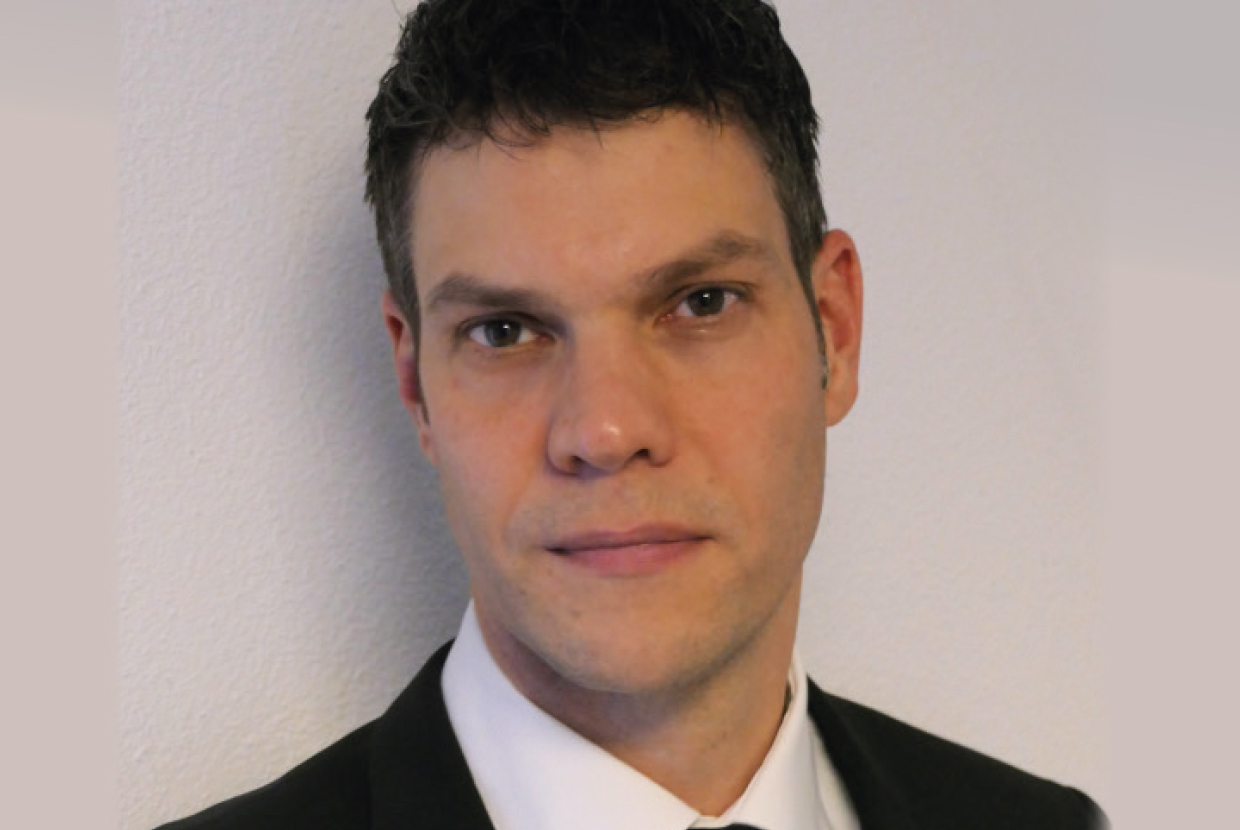Bluequest Resources is a Swiss-based trader of various metals and minerals globally. GTR speaks to Simon Huber, head of structured trade finance at the firm, about the impact of Covid-19 on the business and its financing, as well as opportunities in the market.
- Name: Simon Huber
- Company: Bluequest Resources
- Title: Head of structured trade finance
- Country: Switzerland
- Sector: Metals and minerals
GTR: Can you tell us about Bluequest Resources: what metals do you trade, and where do you export to?
Huber: Bluequest Resources is a Swiss-headquartered commodity trading house active in the global physical trade of refined non-ferrous metals, minerals, non-ferrous and precious metal concentrates. We source metals and concentrates from the main mining areas around the globe. In terms of markets, Europe, Brazil and the US are strong for refined metals like aluminium and copper, and most of the concentrate is sold in Asia. We maintain a broad distribution network through our offices in New Jersey, São Paulo, Shanghai, Dubai, Lima and Santa Cruz.
GTR: What has been the impact of Covid-19 on the metals sector?
Huber: Initially, our concentrates business was impacted by the outbreak of Covid-19 in China. Ports and smelters were at reduced capacity, and the pandemic had a significant effect on the banking sector and the speed with which documents were handled. We had situations where containers were left in the yard, and there was not enough space to bring in new material. China adapted swiftly, however, and demand picked up quickly. We then had problems with transportation and the ports in our sourcing regions, such as South America, South Africa and Australia. But the situation has now more or less normalised, helped in large part by government support, which kept mines and logistics open in these countries.
A lot of our customers’ facilities were in full lockdown and couldn’t produce for much of Q2, so they were not eager to take the material. There were a lot of negotiations with our clients where we had to be flexible and negotiate a plan – and it actually worked out very well. We managed to find win-win solutions, where we were able to delay, but deliver more material at a later stage, for example. Or where we extended the contract for another couple of months.
GTR: What were your main sources of finance as a metals trader pre-Covid-19, and how did this change during the crisis?
Huber: The banking sector was hit massively by the fraud cases in Singapore and the Middle East. It wasn’t just that some banks stepped back from the sector, risk appetite was low among almost all of the banks across the industry. Flows which were already known to the banks were easy to get through. But with new deals, or any with a new structure, which always tend to come during a crisis – they were very challenging to negotiate. But thanks to the long-term relationships we have with our banks, it was possible to agree on innovative new deals.
We have always had a broad financing and broker pool, with banks and brokers from different regions, including Europe, Asia and the US. The banks range in size too, from cantonal banks in Switzerland, to the bigger global lenders.
But you have to work with different financing sources. Major trade finance banks are still the main source of funding, however other players like trade finance funds and other forms of alternative financing are becoming increasingly important. We work with private equity companies or credit funds, especially on the project finance and mining side. They are normally not affected by the same factors as the banks, and their risk appetite for certain projects may differ. We also partly used structured products like repurchasing agreements and factoring lines to replace exiting banks like ABN Amro or BNP Paribas.
What is very important as a trader is a well-diversified portfolio of financing partners, which we already had before the crisis. In the meantime, we see that some banks are already coming back and providing more financing again.
GTR: What is your outlook for the metals sector in the next couple of years?
Huber: I see many opportunities. With higher prices and growing demand, there will be more investment money flowing into the sector.
The energy transition will have an effect on the demand for certain types of metals, such as copper, nickel and cobalt. It will be interesting to see if companies like Tesla or Apple engage more closely with mining and trading companies to meet their need for these metals.
Some of the additional supply will come from increased efficiency from automation and digitalisation in the mining sector, which is helped by the growing amount of high-quality data. This will ensure that there is enough metal available, and of better quality.







